When goods are shipped from one location to another, the terminal authorities charge fees for handling the import and export of such shipment transactions. The consignor and the consignee pay for terminal handling charges.
This post will discuss import terminal handling charges (THC) and everything you need to know.
Click here to learn about Declare Value and How to Calculate It.
Find out more about What is the Customs Clearance Process here.
What Is Terminal Handling?
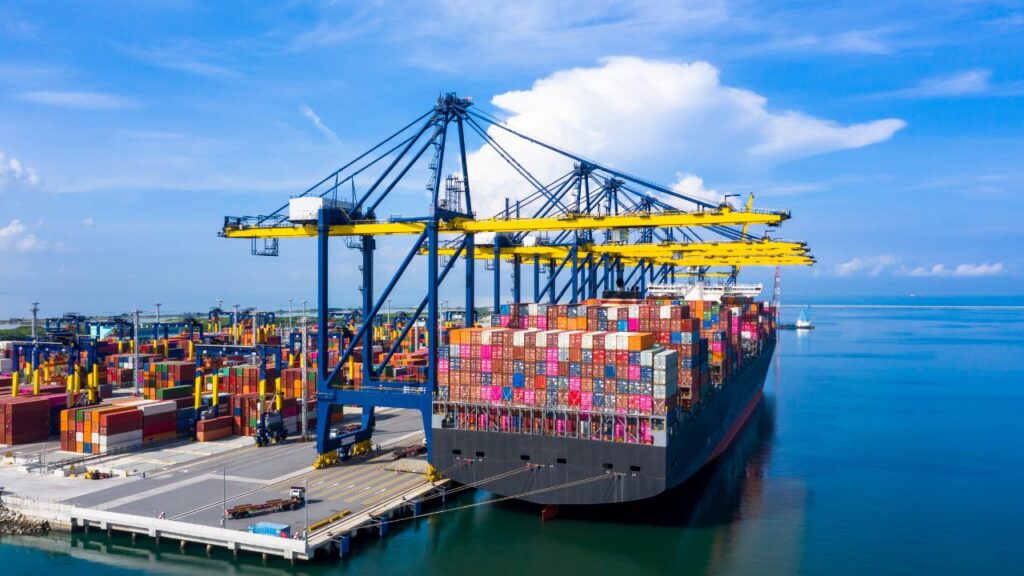
The business of loading and unloading shipments from a shipping company is one of the major businesses in the shipping industry. The ship's owner paid the stevedores for the loading and unloading operations.
As trading transformed and globalization set it, the shipping companies evolved, and so did stevedoring.
What Are Terminal Handling Charges (THC)?
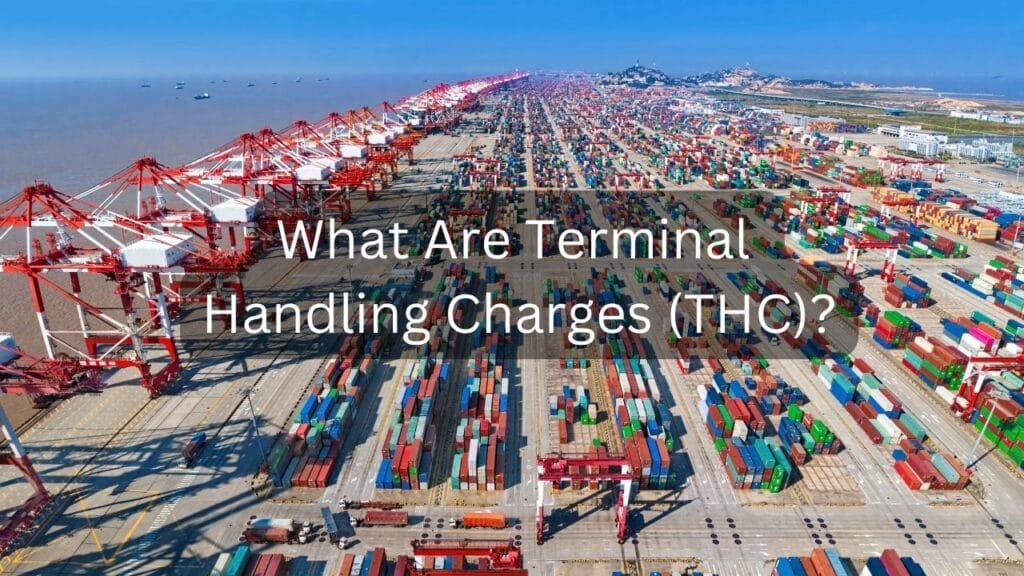
Terminal handling charges are fees terminal authorities charge at different ports for their services. Such services could range from equipment handling, maintenance, positioning, and storage to discharging of containers.
On top of that, local charges of terminal handling highly impact the terminal handling charges. Hence, the cost may differ from one port to another port of every country.
In the early days of the shipping industry, many post operations were considered manual intensive. Loading and unloading shipments, berthing and unberthing ships, and handling equipment were labor-intensive processes.
Nonetheless, it was transformed thanks to the advancement of technology. Ports now have advanced equipment, which means many tasks are already automated.
Port premises started to use different freight terminals to manage cargo of different types. Different shipping terminals used separate equipment, which managed a task safely and efficiently. That’s when shipping terminals began charging terminal handling charges to the shipping line.
Other terminal charges may only involve the services until a container is off-loaded at the port, but others may also include its transport to the warehouse.
In this scenario, THCs will also involve loading and unloading, terminal facilities charges, labor, and transportation cost to the warehouse.
The cost of handling THC varies port to port for every country. It also depends on the total cost of port handling at every location.
For instance, the terminal handling charges charged at shanghai Port is different from that of Hamburg in Germany or even in South Korea.
The Types of Terminal Handling Charges

Terminal handling charges (THC) are present at the origin trans-shipment and destination ports. The buyer or seller pays the Destination THC or Origin THC. Those parties already have a contract signed as to who will pay for which TCH services.
Normally, the carrier pays the trans-shipment THC because it has the ocean freight rate. Apart from understanding terminal handling charges, it’s also essential to know the cargo and container types.
OTHC-origin terminal handling charges
Origin Terminal Handling Charges are often paid for port services before the vessel leaves the origin port. Keep in mind that these terminal handling charges are collected by the terminal operator in connection to the container movements from the seller's truck to the vessel.
DTHC-destination handling charges
On the other hand, DTHC is collected at the port of arrival. It will normally involve the loading and unloading of the container and other charges like monitoring, storage, and some port facilities.
Liner out charge, also called THC
Liner Out Charge is quite typical on the West African trade lane. It is a relatively new term stipulated under the Asia-West Africa Trade Agreement.
AWATA members include Pacific International Lines, MOL, Mediterranean Shipping Company, Maersk, Gold Star Line, Delams, CGM, CMA, and China Shipping Container Lines.
The Importance of Terminal Handling Charges
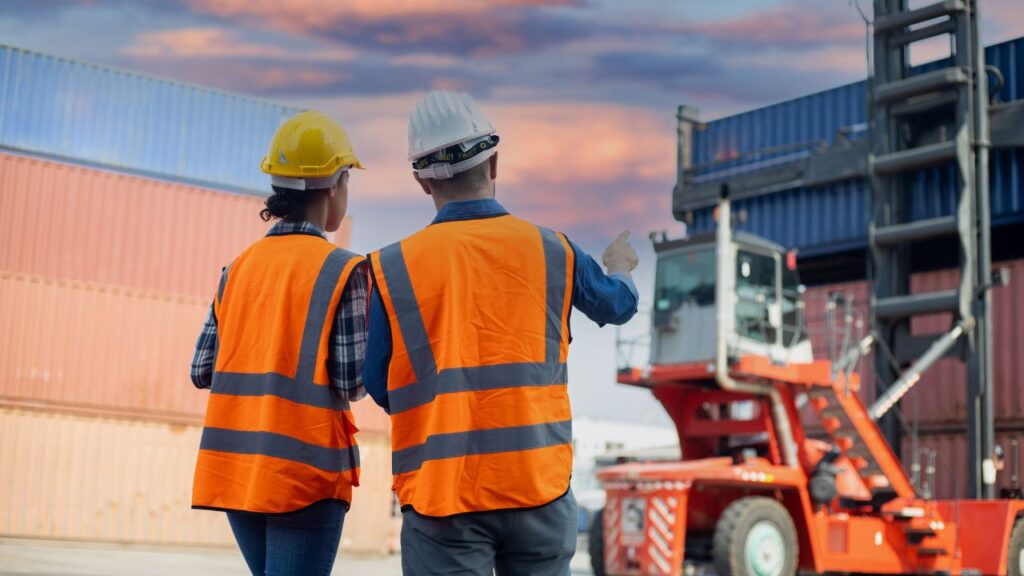
A terminal handling charge is the shipper and buyer’s responsibility. The total accountability will depend on who’s in charge of them based on the incoterms utilized. These terminal handling charges will go straight to the freight vessel operator as payment for their service to the shipment being transported.
It also funds the mechanisms, special handling equipment, special equipment use, and machinery that goes into loading and unloading cargo to settle taxes and surcharges and even pay employees.
In other words, terminal handling charges keep a port and its corresponding facilities functioning and serving the export and import needs.
Who Charges the Terminal Handling Fees?
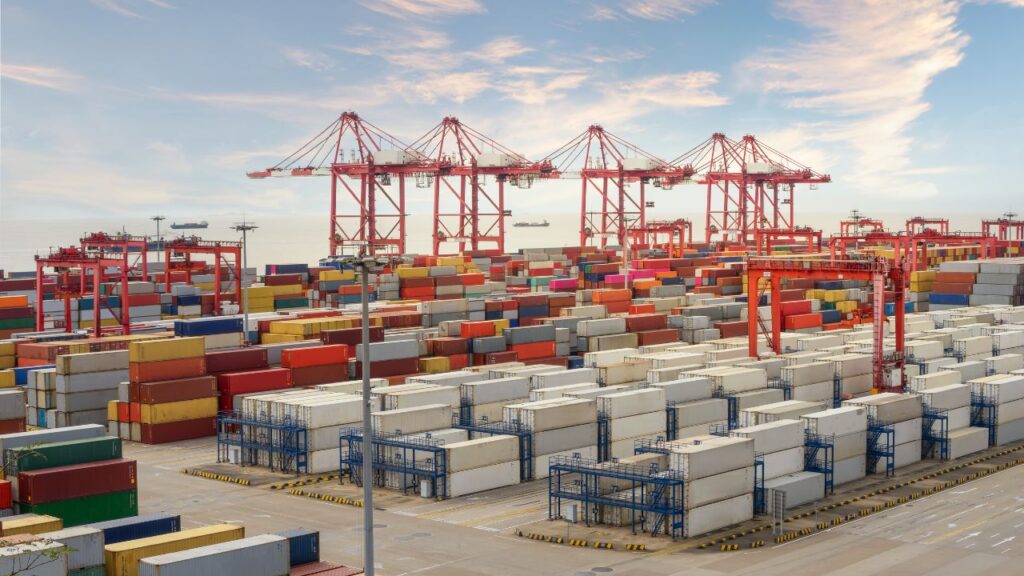
Terminal authorities charge the port terminal handling fee to shipping companies. The cost is then sent to the seller or shipper. The shipping line does this while releasing the Bill of Lading once the final export customs clearance procedures is done.
The carrier then pays the Terminal Handling Charges at the trans-shipment port.
But you may be wondering. Why do terminals charge this fee, and where are they using that money?
The answer is simple. Freight terminals are very technologically advanced. Regular servicing and maintenance of those tech-intensive assets are essential to keep the terminals up and running.
Also, employees must be paid their salaries, and the ports must pay surcharges and taxes. As shipping continues to grow, there will always be room for these ports to widen, which needs capital and investment.
Who Pays Terminal Handling Charges?
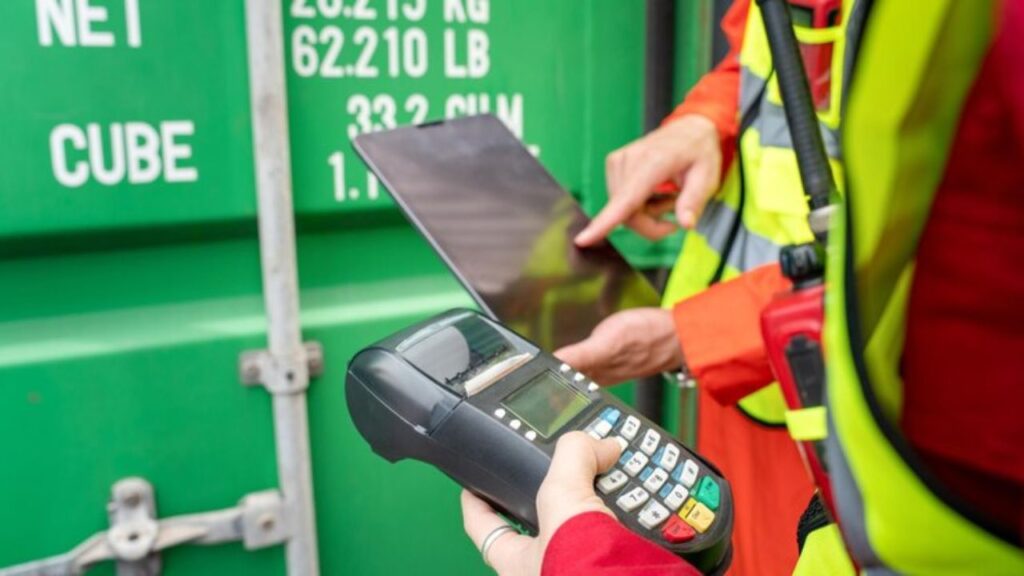
The client always pays Origin THC and Destination THC (buyer or seller). In each shipment transaction, regardless of who pays it, the terminal handling charge is present at the Origin, Destination, and Trans Shipment Ports.
However, depending on the port of origin or destination, it will depend on their terms of sale, either to the carrier or directly to the port.
That is why you must know whether the Terminal Handling Charge is included in the freight terminal quote or not.
For instance, let’s say trans-shipment THC is paid by the carrier that organizes the shipment from Point A to Point C via Point B, as their sea freight rate includes that cost. Various container types also attract THC quantum due to the handling methods involved.
FAQs
Have more questions you want to be answered? Here it is.
How do you calculate terminal handling charges?
The terminal authorities normally charge the shipper based on the dimension of the container and have a fixed rate of 20/40 for a forty-foot-cube container.
Are you transporting a full container load? Then the shipper can calculate the THC by checking the rates of the ports they’re exporting the shipment form.
Shippers should also note that each shipment might not be big enough to be shipped into a full container. In these cases, it will be referred to as Less than Container Load (LCL).
Click here to learn more about LCL shipping and its Rates.
LCL is composed of multiple small shipments loaded in one big container. The shipment consolidators are in charge of the collection charge from different shippers and earn their profits.
If the shipper wishes to transport LCL, they can compute the THC based on the shipment’s weight in units or cubic meters (CBM).
Just remember that THC differs from one port to another and may also differ among various terminals of the same port.
What is the difference between terminal handling charges and wharfage?
Wharfage is the fee levied upon the shipper for the use of the pier. It’s also known as a wharf. It is typically part of the THCs. Also, the consignor does not need to pay separately.
Another major difference between these two terms involves the calculation. You see, THC is charged based on the size of the total container cost. On the other hand, wharfage is charged per the volume or weight of the LCL that is then computed in units of tons or cubic meters.
What costs are included in THC?
It includes a specific port terminal’s local fee. That indicates the THC shipping rate would vary from port to port. For instance, you’d need to pay a different fee for terminal handling charges in China than in Port Doha, South Korea, or Ontario.
Similarly, different terminals in the same port could also charge different THC rates. That’s because the facilities of every terminal would vary—one may have more modern and advanced technology and experienced port technicians than the other, thus calling for a costlier terminal handling charge.
Conclusion
To sum up, freight terminal handling services are a vital part of the shipping process. The terminal authorities will collect such charges at various ports for their services. Ports offer various services from maintenance, safe storage, handling, and discharging containers to all the local charges.
Local charges of the terminal often impact these THC charges. Therefore, the cost differs from port to port of every container terminal. With technological advancement, each terminal has special machines like heavy-duty forklifts to handle particular cargo. The charges collected are essential for them to stay functional and pay wages for the worker at the ports.
We hope you find this guide on terminal handling charges informative and useful at the same time. If you need help sending your shipment from China overseas, DFH can help. Contact us today to learn more.

